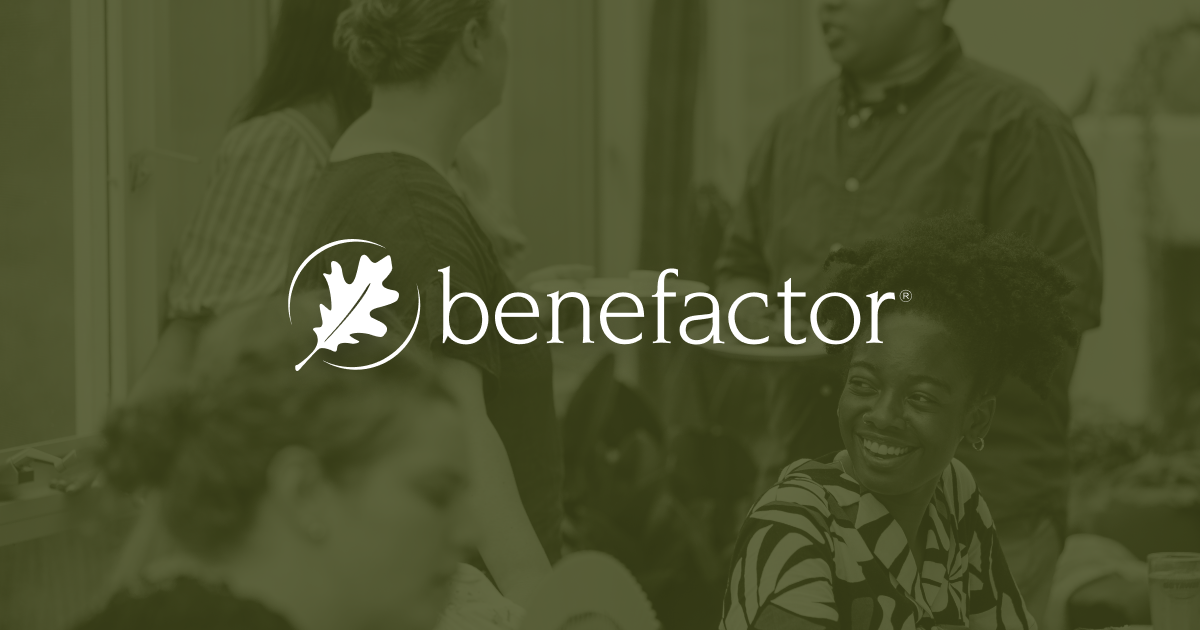Peer-to-peer fundraising can work for any organization. It can create significant funding and brand awareness. It activates social networks, both online and offline. For example, the recently released Peer-to-Peer 30 indicates nearly $1.6 billion were raised by just the 30 largest such programs in 2014. Collectively, they engaged more than 11.6 million volunteers in thousands of events. Relative results can be found from small to large organizations.
The concept is not new, but it is more effective now than ever before due to convenient ways of connecting with social networks. Peer fundraising programs often provide fun and/or inspirational activities to engage supporters. Once engaged, the participant can become a fundraiser and brand ambassador by asking their social network to donate to the cause. It turns a supporter’s passions into a tangible fundraising and awareness-raising asset. Plus, these channels can be very cost effective, which makes it possible for all organizations to get involved.
Based on experience, the following tips may help your organization begin and/or advance a peer-to-peer fundraising program.
- Find and align with your organization’s unique assets.
- For example, growing a mustache works well to raise funds and awareness for Movember, the cause for men’s prostate cancer.
- In another example, Thon, Penn State Panhellenic/IFC 24 hour dance-a-thon for a local children’s hospital, uses its assets of an energetic student body and a large sports arena to host thousands of student fundraisers that danced for $12M in 2012.
- Be simple yet flexible.
- The peer fundraising program shouldn’t be overly complicated and need not be innovative necessarily, in fact the simplest and flexible kind work best. For example, bike rides existed before Pelotonia, the Ohio based cycle-a-thon, but this group has raised $44M in only four years. And, it’s possible to be a Pelotonia fundraiser without ever stepping foot on a bike pedal, they call it a Virtual Rider and it leverages social media to seek peer donations.
- Increase fundraiser relations through recognition, incentives, and support.
- Peer fundraisers have many good causes to choose from. What keeps them coming back to your organization and maximizing fundraising is a combination of personal support, incentives, and recognition. For example, create a ‘wall of heroes’ on your website, develop a welcome packet and method for direct contact with the program director, and provide an incentive for those who achieve more than their fundraising goal.
- Leverage corporate partnerships and, when possible, key influences
- Corporations provide more than sponsorship dollars. Often, a business will match donations raised by their employees. In some cases a corporate partner will help promote the fundraising event by deploying their marketing tools for your organization’s benefit.
- The use of key influencers and celebrities, those whose influence is shared beyond their personal network, to endorse your program can produce results that far exceed the cost. They can help recruit participants and bring credibility to a new program.
- For more tips, contact J.D. Beiting: [email protected]
Overall, the good news to peer-to-peer fundraising is that it can start small and grow in time. Financial costs and staff time can be low initially, but of course, the most successful peer programs devote sufficient internal resources to grow and sustain the program. But, now more than ever before, the barrier to entry is lower and the opportunity to raise funds is higher for a successful peer fundraising program.





